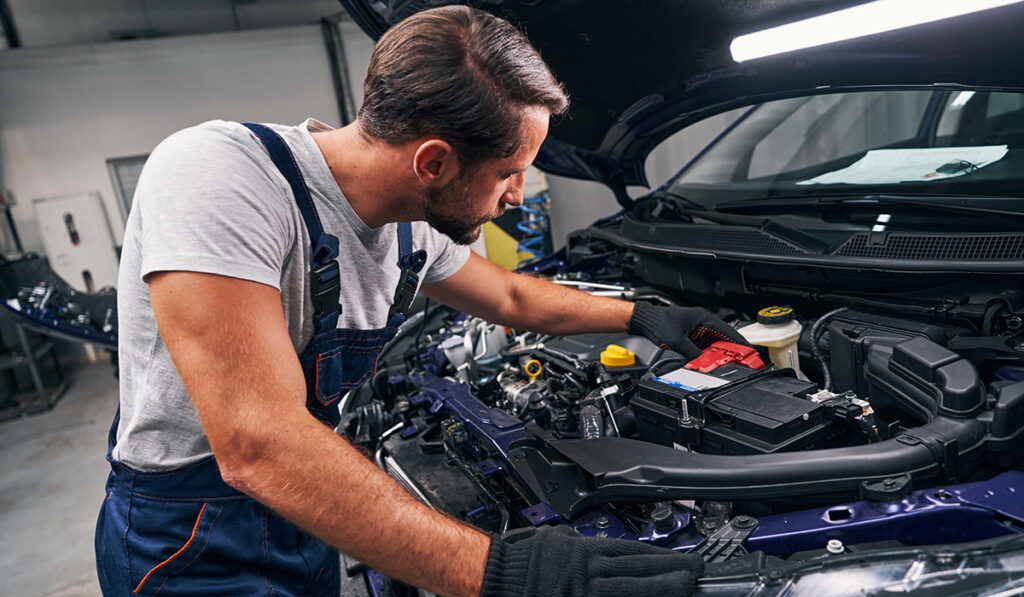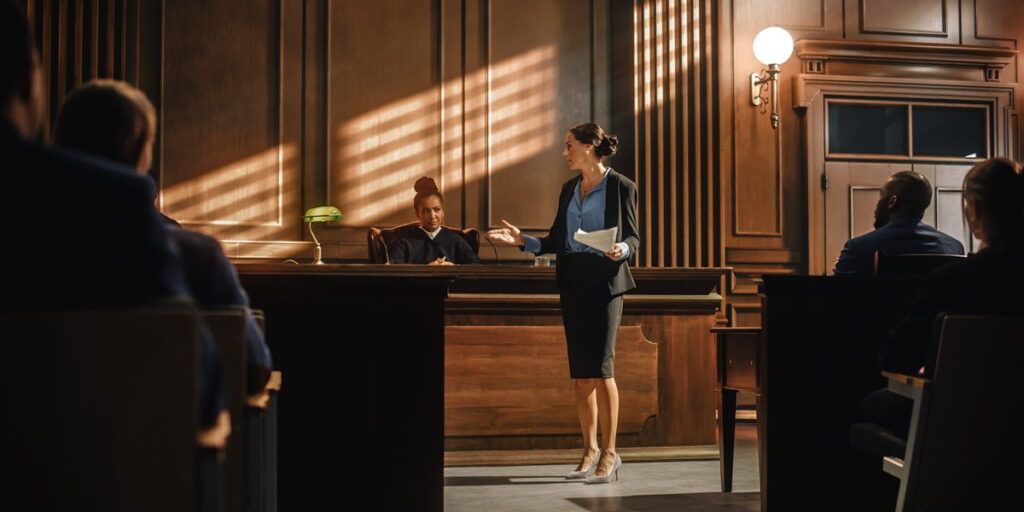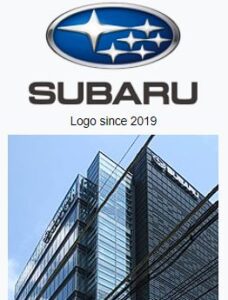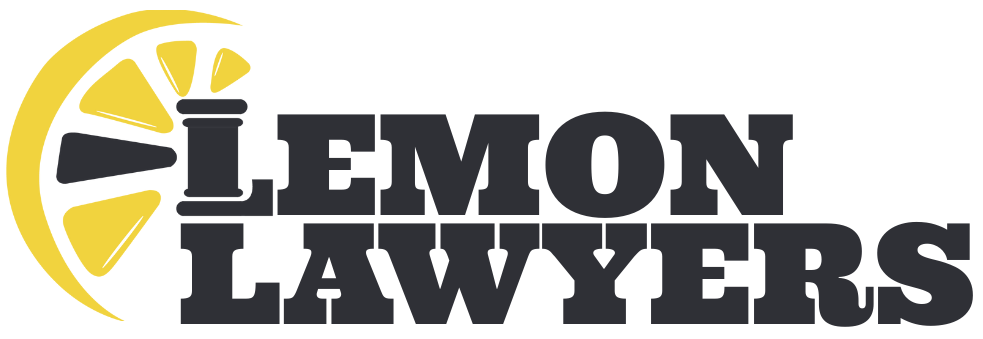Are you tired of the never-ending stress and frustration caused by your faulty Subaru? Take a deep breath because there’s a solution. Thanks to the California Lemon Law, consumers struggling with a consistently defective vehicle now have the chance to address the issue, part ways with their troublesome car, and potentially receive compensation from Subaru.
In this article, we will explore the Subaru Lemon Law Buyback Settlement option in detail. We’ll cover what it entails, how it functions, the most prevalent Subaru defects, impacted models, the process of assessing your eligibility for compensation, and the crucial first step you need to take to file a successful Lemon Law claim. Let’s begin!
What is the Subaru Lemon Law Buyback Option?
Under the California Lemon Law, a buyback or repurchase solution is available to address the financial losses resulting from purchasing or leasing a defective Subaru vehicle. This remedy is designed to compensate you for various expenses associated with the vehicle’s acquisition.
In plain terms, the Subaru Lemon Law buyback settlement option arises when the company agrees to repurchase the vehicle from you, providing a settlement amount that will likely include:
- The total amount you paid for the vehicle.
- Sales and financing charges.
- Vehicle registration fees.
- Monthly payments made.
- Future monthly payments.
- Out-of-pocket repair expenses.
- Incidental costs such as towing fees and car rental fees.
You can obtain a Subaru Lemon Law buyback or repurchase settlement through:
- Direct negotiations with the company.
- A court verdict.
- An arbitration ruling.
In the subsequent sections, we will explore the buyback process and outline the criteria for qualifying for compensation under this option.
How Does The Subaru Buyback Program Work?
If you have a Subaru vehicle with defects, you can receive compensation by returning it to the auto manufacturer under the buyback program. This type of settlement applies to both new and used vehicles, as long as the defects arose within the original warranty period and, in the case of used vehicles, the warranty is transferred to the new owner.
To qualify for compensation under the California Lemon Law, the defects must be severe enough as to significantly impact the vehicle’s safety, functionality, and resale value. Further, Subaru should have been given the chance to fix the issue and failed to do so despite repeated attempts.
In the upcoming sections, we’ll go through the specifics of lemon laws and the requirements your vehicle must satisfy to qualify for compensation.

Requirements for a Subaru Lemon Law Buyback Settlement Option on Your Vehicle
California Lemon Law does not guarantee compensation for all defective Subaru vehicles. Your vehicle will be classified as a lemon if it fulfills the following conditions:
- It must have been returned to the dealership for repairs at least twice due to a major safety defect.
- It must have been returned to the Subaru dealership for repairs at least four times for a non-safety defect or issue.
- It must have been in the dealership’s possession for repairs for a total of more than 30 days (cumulative) due to a combination of defects.
If any of the mentioned requirements are fulfilled within the first 18 months or 18,000 miles, the car is automatically considered a lemon under the law. This principle is generally referred to as the Lemon Law legal presumption.
But what if your car encounters issues after the first 18 months or 18,000 miles have passed?
Even beyond this initial period, there is a chance that your car may still be eligible for a buyback reimbursement if the ongoing defects or issues originated during the vehicle’s warranty period, which usually lasts for approximately 3 years for the bumper-to-bumper warranty or around 5 years for the powertrain warranty.
Typical Vehicle Malfunctions That May Result in a Buyback Outcome
While different Subaru vehicle models may have unique defects, there are common issues that manifest across several models. The following are some examples of these issues:
- Defective oxygen sensor
- Electrical issues
- Head gasket failure
- Spark plug malfunction
- Faulty airbags
- Transmission slippage/jerking
- Excessive oil consumption
- Defective seat belts
- Suspension issues
- Steering system defects
- Check engine light
- Engine overheating
It’s crucial to keep in mind that the defects mentioned here may not be the only reasons why your Subaru vehicle may be classified as a lemon. Any recurring or persistent issue that significantly impacts the use, safety, or value of the vehicle can be used as evidence to file a Lemon Law claim.
Subaru Vehicle Models with Recurring Issues
In California, the Lemon Law applies to certain Subaru vehicle models. Check out the list below to see if your vehicle is eligible for coverage:
- Subaru Ascent
- Subaru BRZ
- Subaru Crosstrek
- Subaru Forester
- Subaru Impreza
- Subaru Legacy
- Subaru Outback
California-based Subaru vehicle owners who have experienced defects (covering any of the above listed models) and are still under the manufacturer’s original warranty may be entitled to compensation.
Our Lemon Law claim assistance is available for the specified Subaru models produced from model years 2019, 2020, 2021, 2022, 2023, and 2024.
All You Need to Know About the Subaru Buyback Process
If you’re dealing with a defective Subaru vehicle in California, the buyback process under Lemon Law is uncomplicated and typically involves the following steps:
Hiring a Lemon Law Attorney
Getting professional advice is always the first step. Whether you decide to negotiate, take legal action, or pursue arbitration, enlisting the expertise of a skilled California Lemon Law attorney can greatly enhance your likelihood of success.
Compiling Necessary Repair Documents
Your lemon lawyer will assist you in compiling the vital documents necessary to substantiate your claim. These documents may include warranty papers, purchase or lease receipts, repair orders, invoices, and financing documents.
Initiating Legal Proceedings
Once all relevant repair documents are gathered, your attorney will file a case in court, thereby initiating the legal process and compelling Subaru to respond to your claim within specified timelines.
Navigating Settlement Discussions
In our experience of handling Lemon Law cases in California, we have observed that manufacturers often choose to settle out of court when presented with a well-supported claim led by an attorney.
Preparing for a Litigation
In the unlikely event that the settlement offer (such as a buyback, cash compensation, or vehicle replacement) is not satisfactory, your attorney is prepared to litigate your case in court to secure a more favorable outcome for your defective Subaru vehicle.
Obtaining Settlement
Whether you obtain a final settlement of your Lemon Law claim through negotiation or by court verdict, you can be certain that your lawyer will exert all effort to obtain the maximum potential recovery to satisfy your claim.

Exploring Alternative Subaru Settlement Options Within Lemon Law
Beyond the Subaru Buyback settlement outcome, there are alternative options whereby the auto manufacturer can provide compensation for your defective vehicle. The two main alternatives are Vehicle Replacement and Cash and Keep Settlement.
Vehicle Replacement
In lemon law litigation, it is possible for the court to mandate the manufacturer to replace the consumer’s vehicle with a brand new unit. In some cases, the manufacturer will voluntarily offer to replace your vehicle to settle your claim.
If you decide to go for this settlement option, the law requires that the replacement vehicle should be nearly identical to your original vehicle and come with the same warranties. In case you paid for any additional options like undercoating or rust-proofing, these customizations should be applied to your replacement vehicle as well.
In addition, following this arrangement, Subaru must compensate you for any extra expenses you had to incur as a result of your vehicle’s issues, such as costs associated with repair, towing or car rentals.
Cash and Keep Settlement
Even if your Subaru does not meet the criteria to be classified as a lemon due to less significant defects or issues, you still have the option to file a compensation claim. This situation typically applies to problems that may lower the resale value of the vehicle but do not compromise safety or prevent you from using it. Examples of such defects may include poor paint quality, engine noises, or bothersome sunroof sounds.
In this scenario, the court may require Subaru to provide you with a predetermined amount of cash as compensation for the repair issues and any additional expenses incurred. Furthermore, you have the right to retain ownership of the vehicle.
The Subaru Lemon Law Buyback: The Ultimate Solution for Your Lemon Law Claim
With the Subaru Lemon Law buyback arrangement, Subaru, the auto manufacturer, guarantees to repurchase the faulty vehicle in full. You will be compensated for the total amount you initially paid for the vehicle, including sales and financing charges, additional fees, previous monthly payments, repair expenses, as well as towing and car rental fees.
Are there any deductions to the settlement amount?
Yes, in order to ensure fairness throughout the settlement process, the law mandates slight deductions known as Mileage Offset. These deductions account for the vehicle usage prior to the occurrence of repair issues.
Nevertheless, by obtaining this settlement, you not only regain the entire amount you paid for the vehicle, but you will also be reimbursed for all out-of-pocket expenses incurred for repairs, towing, and temporary rental vehicles during the repair period.
Taking all factors into consideration, it is unquestionable that the Subaru Lemon Law Buyback Settlement Option represents the most favorable resolution for a Lemon Law claim involving a defective Subaru vehicle in California.

Take Action Now: Consult with a Subaru Lemon Law Attorney Today
Unsure of your next steps to file a claim? If you own a defective Subaru vehicle in California and are facing persistent issues or defects covered under the warranty, which the manufacturer has failed to resolve despite multiple attempts, you may be eligible for compensation.
The solution is crystal clear! Don’t delay any further and begin the Lemon Law process by seeking the assistance of a skilled Lemon Law attorney in California. Your attorney will carefully evaluate your case, provide personalized legal guidance, and help you navigate the claims procedure.
And here’s the best part. Your attorney will offer these services completely free of charge. Yes, you heard that right!
You can have a top-notch attorney by your side without incurring any expenses. Lemon Law attorneys in California work on a no win-no fee basis, meaning their attorney fees are covered by the manufacturer as part of the settlement, and they only receive payment if they win your case!
Don’t waste time analyzing the situation. Take action now and secure the compensation you rightly deserve. Remember, the law is on your side, and you shouldn’t get stuck with a lemon!
ABOUT SUBARU
 Subaru is the automobile manufacturing division of the Japanese transportation conglomerate Subaru Corporation, formerly known as Fuji Heavy Industries. In 2017, Subaru ranked as the twenty-first largest automaker worldwide in terms of production.
Subaru is the automobile manufacturing division of the Japanese transportation conglomerate Subaru Corporation, formerly known as Fuji Heavy Industries. In 2017, Subaru ranked as the twenty-first largest automaker worldwide in terms of production.
Subaru’s largest manufacturing facility in the United States is located in Lafayette, Indiana, called Subaru of Indiana Automotive, Inc. To accommodate the continuous sales growth in North American markets, the Lafayette assembly plant is planning to expand its vehicle production capacity to 390,000 vehicles annually.
In Western markets, Subaru has garnered a loyal following among a niche group of car enthusiasts. The company’s marketing strategy focuses on individuals seeking its distinctive engine and drivetrain technology, all-wheel drive capabilities, ruggedness for off-road travel, or affordable sports car designs.
Similar to other automotive manufacturers, Subaru has encountered Lemon Law complaints relating to certain models that exhibit defects during the vehicle’s warranty period.
Related Articles:
